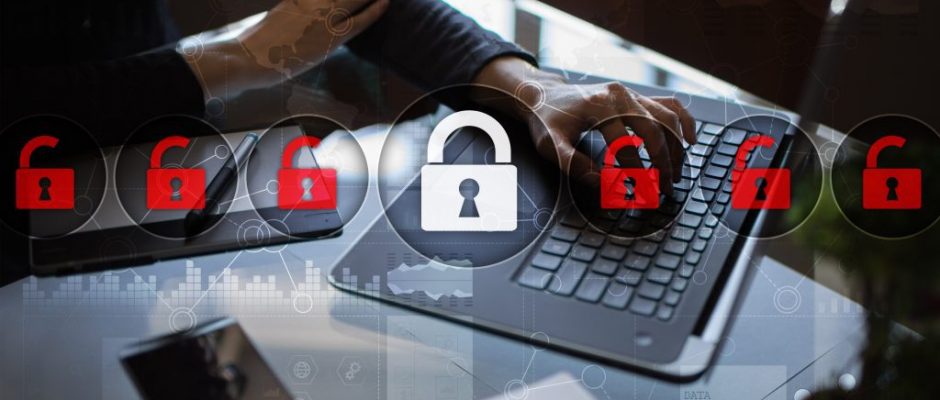2025 forecast to be boom year for cybersecurity
California-based cybersecurity goliath Palo Alto Networks has issued a bullish revenue forecast based on a perceived rising global demand for artificial intelligence (AI)-driven security products.
“In Q2 [2025], our strong business performance was fuelled by customers adopting technology driven by the imperative of AI, including cloud investment and infrastructure modernization,” said CEO Nikesh Arora. “Our growth across regions and demand for our platforms demonstrates our customers’ confidence in our approach. It reaffirms our faith in our 2030 plans and our $15 billion next-generation technology annual recurring revenue goal.”






